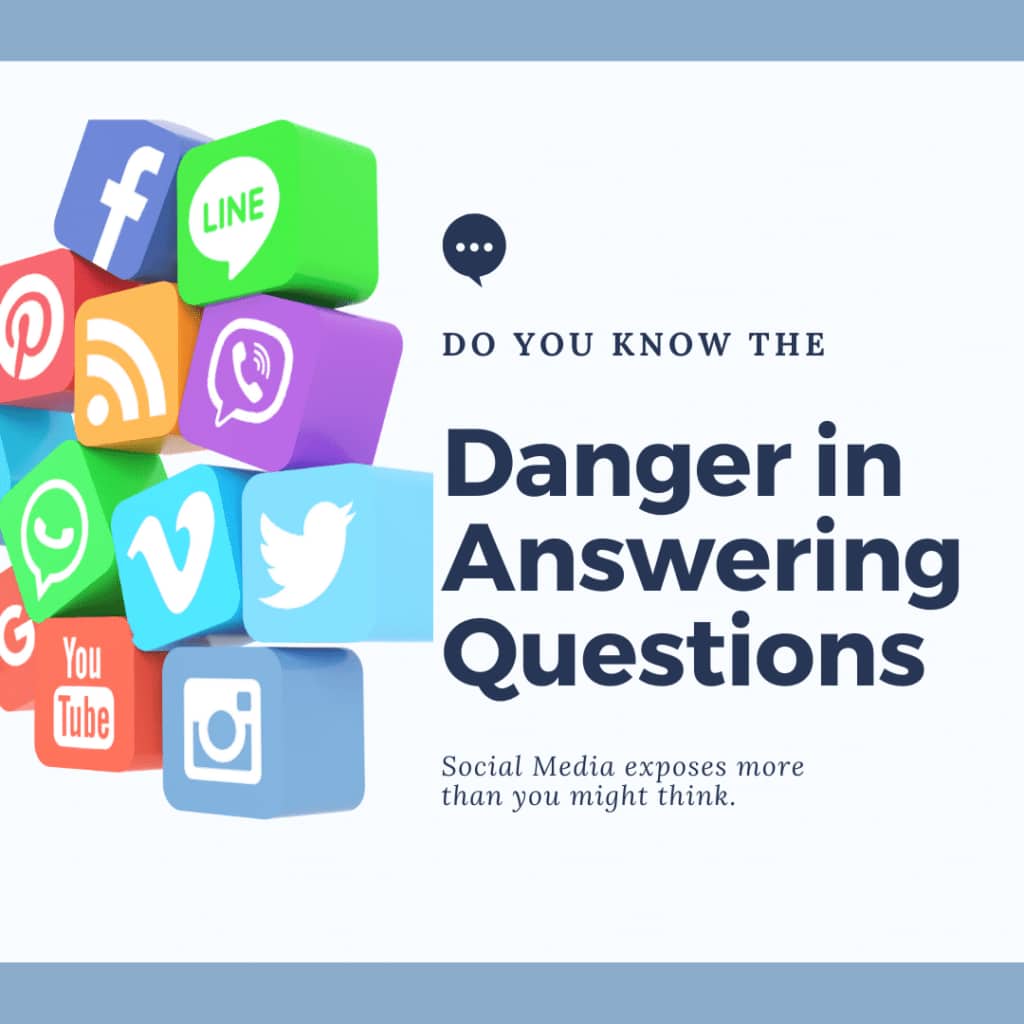Social media platforms offer an array of engaging activities, including the increasingly popular social media surveys. These seemingly innocent surveys, however, can pose significant risks to both personal security and privacy. The fun of sharing personal anecdotes can unwittingly turn into a goldmine for scammers. This article delves into the mechanics of such surveys and the potential threats they harbor, particularly in the context of phishing schemes.
The Mechanics of Social Media Surveys:
At first glance, these surveys appear as harmless opportunities for sharing and reminiscing. A typical survey involves users copying a set of questions, answering them on their timeline, and encouraging friends to do the same. This viral trend fosters a sense of community and shared experience but hides a more insidious purpose.
The Phishing Scheme Unveiled:
A recent example circulating on Facebook asked users to post chronological photos and details of cars they’ve owned. At first, this seems like a walk down memory lane. However, the specific request for the make and model of cars, especially the first car owned, is a classic security question used by financial institutions and online accounts. By participating, users unknowingly provide answers to potential security questions, making them vulnerable to identity theft and account breaches.
The Risks for Children:
Not only do such surveys endanger adults, but they also inadvertently expose children’s personal information. Parents sharing details about their children, such as nicknames or schools, may unknowingly provide scammers with valuable information for future schemes.
Common Security Questions and Social Media:
The overlap between common security questions and survey content is alarming. Questions about childhood nicknames, locations of first jobs, and names of grade school teachers are frequent in both settings. Users participating in these surveys may inadvertently reveal key pieces of information that scammers compile to build detailed profiles, which are then used to access online accounts fraudulently.
Conclusion:
While social media surveys offer a fun and engaging way to connect with friends, they can also serve as phishing tools for scammers. The information shared can be used to answer security questions, leading to unauthorized access to personal accounts. It’s crucial for social media users to remain vigilant, think critically about the information they share online, and be aware of the potential risks associated with seemingly innocuous online activities. By doing so, they can protect not only their own information but also that of their children and loved ones.
Discover more from Beautiful Reawakening
Subscribe to get the latest posts sent to your email.




Leave a Reply